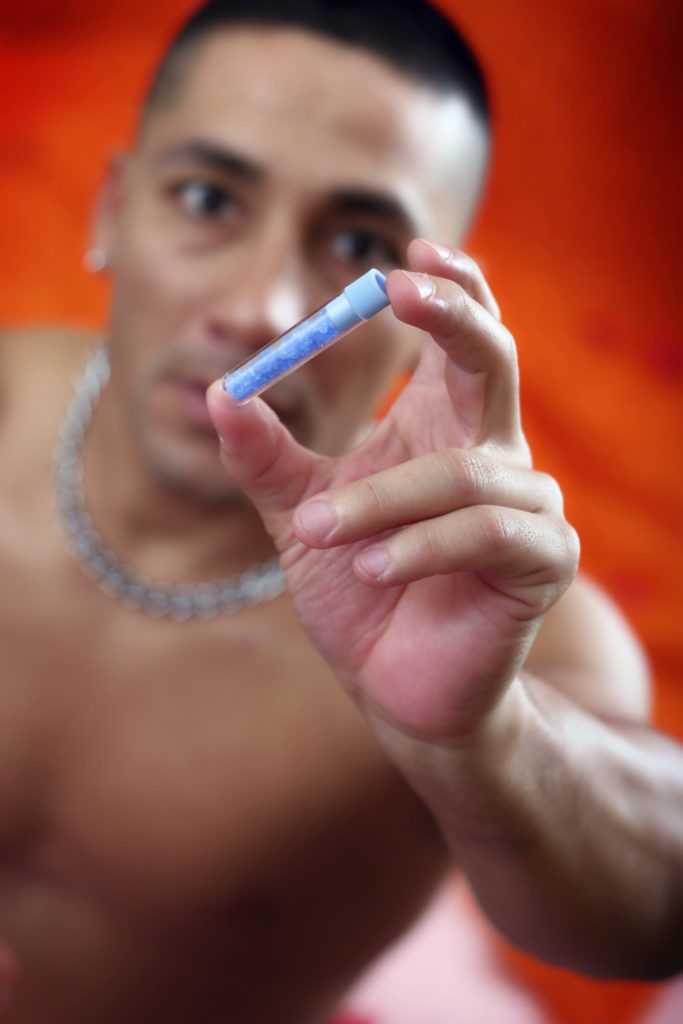Post-traumatic stress disorder (PTSD) can disrupt an individual’s entire life. Alcohol and PTSD can be a dangerous mix, but why does alcohol trigger PTSD symptoms? At The Right Step, we provide dual diagnosis treatment for clients struggling with both alcohol use disorder and PTSD. Call us at 17135283709 today to learn about our compassionate care. Everyone deserves a chance to heal from trauma.
What Is PTSD?
PTSD is a serious mental health condition that occurs in individuals who have experienced or witnessed a traumatic event. This may include events such as:
- Violent personal assaults
- Natural disasters
- Accidents
- Military combat
People with PTSD have intense, disturbing thoughts and feelings related to their traumatic experiences that last long after the event has ended. They may relive the event through flashbacks or nightmares, and they may feel sadness, fear, or anger.
Signs of PTSD
The signs of PTSD can vary greatly among individuals but generally fall into four categories.
Intrusive Memories
Intrusive memories are unwanted thoughts or memories that can trigger PTSD symptoms. These may include:
- Flashbacks of the traumatic event
- Repeated and distressing thoughts about the event
- Nightmares related to the event
Avoidance
Individuals with PTSD may try to avoid any reminders of their traumatic experience, including people, places, or situations that remind them of the event.
Negative Changes in Thinking and Mood
PTSD can also lead to changes in an individual’s thinking and mood, such as:
- Negative thoughts about oneself or the world
- Feelings of detachment or estrangement from others
- Difficulty experiencing positive emotions
Changes in Physical and Emotional Reactions
People with PTSD may also experience physical and emotional symptoms when reminded of their traumatic event. These may include:
- Trouble sleeping
- Irritability or anger outbursts
- Difficulty concentrating
- Hypervigilance (feeling constantly “on edge”)
Individuals with PTSD may turn to alcohol as a coping mechanism to numb their painful thoughts and emotions. However, this can lead to a dangerous cycle of increased alcohol use, worsening symptoms of PTSD, and difficulty managing daily life.
Why Does Alcohol Trigger PTSD?
Why does alcohol trigger PTSD? Alcohol does not cause PTSD, but it can trigger symptoms in those who already have the disorder. Alcohol use can lead to an increase in PTSD symptoms by affecting the chemicals in the brain associated with fear, anxiety, and reward. It can also disrupt sleep patterns, which can lead to increased nightmares and flashbacks.
Alcohol and PTSD’s Toxic Relationship
The relationship between alcohol and PTSD is often a vicious cycle. Many people with PTSD turn to alcohol as a way to numb their pain or to try to forget their traumatic experiences. However, alcohol misuse can exacerbate PTSD symptoms and make treatment less effective. Moreover, chronic alcohol use can lead to additional problems, such as health issues, relationship problems, and increased risk of suicide.
While it is natural and understandable for people with PTSD to turn to alcohol as a coping mechanism, it is essential to seek professional help and support in managing both conditions.
How Dual Diagnosis Can Help
Dual diagnosis treatment can be particularly beneficial for individuals struggling with both PTSD and alcohol misuse. This approach treats both conditions simultaneously, recognizing that they are intertwined and impact one another. Dual diagnosis treatment may include a combination of medications, psychotherapy, and support groups.
Call The Right Step Today to Start Dual Diagnosis Treatment
If you or a loved one is struggling with PTSD and alcohol misuse, reach out to The Right Step today. Our experienced team of professionals provides comprehensive dual diagnosis treatment programs designed to address the unique needs of each individual. Our goal is to help individuals achieve lasting recovery and improve their quality of life.
Contact us online or call 17135283709 today to learn more about our services and take the first step towards a healthier, happier future. Remember, it is never too late to seek help, and recovery is always possible.






